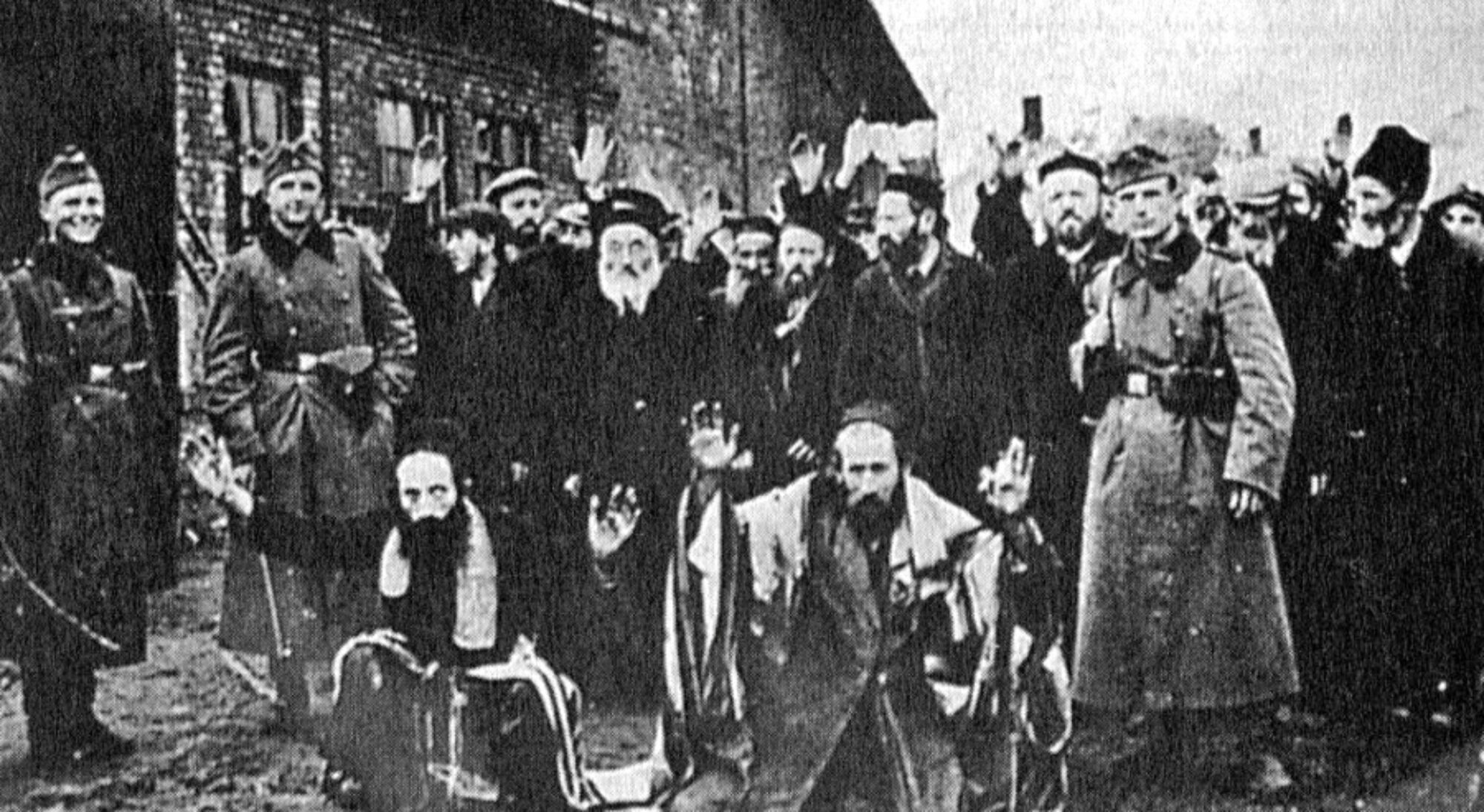The conjunction that links the two items in the title of this conference refers to the theoretical gesture that Stanley Milgram carried out at Yale University in the early 1960s: to experimentally study Nazi Germany. This theoretical gesture, which predates the implementation of the famous experiments on submission to authority, and which is barely thematized in Milgram’s published writings, explains the importance attributed to his results: if the behaviors observed in the laboratory had not been conceived as representative of historical behaviors, they would have been a mere experimental artifact, and would probably not have received so much attention.
This gesture is all the more important because it was explicitly taken up by Christopher Browning in the monograph in which he describes the bloody itinerary of the men of Battalion 101 of the Ordnungpolizei in Poland in 1942-44, in a work that launched historical studies on the role of ordinary executors in carrying out the Holocaust. In order to understand how ordinary individuals could be transformed overnight into mass murderers, Ordinary Men refers not only to Milgram’s findings, but also to the Stanford prison experiment: Browning too believes that laboratory psychology provides us with the elements of a satisfactory answer to account for the conduct of historical agents.
In its philosophical dimension, Milgram’s gesture is based on radical decisions, which must be questioned. Concerning the question of the unity of sciences, this approach manifests an original way of articulating natural sciences and social sciences, on the one hand, and social sciences with one another, on the other hand. In particular, as the controversy between Daniel Jonah Goldhagen and Christopher Browning showed, it questions the possibility of practicing the human sciences without resorting to interpretative practices, while working at the micro level, that of individual actions. On the contrary, this gesture seems to be based on a nomological conception of the explanation of the murderers’ behaviors. It follows that, from the point of view of individual responsibility, this approach seems to deny agents the mastery of their acts, both by denying them their capacity for initiative and their ability to identify the real causes of their own conduct. This anthropology, since referred to as “situationism” and notably defended by the philosopher John Doris, maintains that human behavior is caused by circumstances rather than by the beliefs or stable character traits of individuals.
However, Milgram’s work has recently been reinterpreted and even questioned, notably through the opening of the archives of his experiments (Gina Perry, Alex Haslam, Stephen Gibson), while other social psychologists continue to work within the experimental paradigm inherited from Milgram (Jerome Sackur & alii.). At the same time, Christopher Browning has trained or influenced a whole generation of historians who have tried to take a stand on and often go beyond the alternative between situational and ideological explanations (Waitman Beorn, Thomas Kühne).
A philosophy of social sciences concerned with starting from real rather than idealized scientific practices should thus take note of these recent developments in order to (re)question Milgram’s gesture. In order to achieve this, this colloquium will proceed in an interdisciplinary manner: it will consist of three days of study devoted, respectively, to the psychological, historiographical and philosophical dimensions of the articulation of social psychology and the Holocaust.
Conference organizer
Raphaël Kunstler
Conference attendance
The conference will be held online
Registration
There is no registration fee.
To register send an email to Raphaël Kunstler: raphael.kunstler [at] univ-tlse2.fr with the subject line: “I want to attend the SPH conference”


